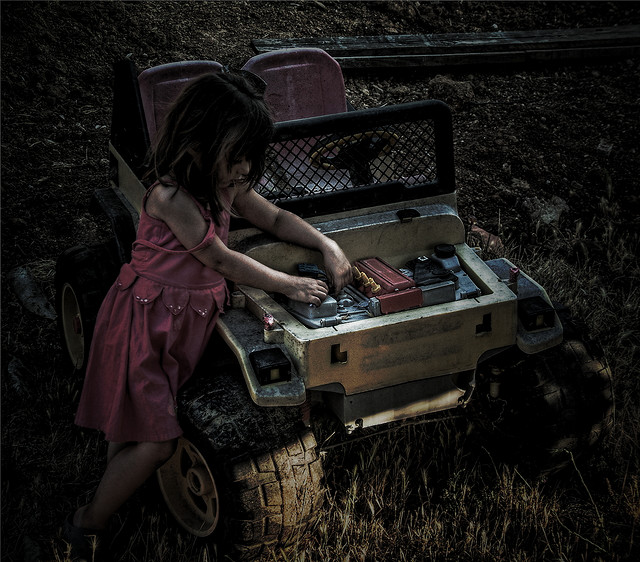
by Jill Finkelstein
Link Roundup: Beit Shemesh Riots and Gender-Neutral Toys
Welcome to this week’s installment of Lilith’s Link Roundup. Each week we post Jewish and feminist highlights from around the web. If there’s anything you want to be sure we know about, email us or leave a message in the comments section below.

www.adriennecooper.com
Beloved Yiddish singer Adrienne Cooper died on December 25th at the age of 65. Among her many accomplishments was her sensitive and original Lilith article on family violence in women’s Yiddish songs from the Spring 2011 issue. [NY Times]
Israel found its own “Rosa Parks” after a woman named Tanya Rosenblit refused to move to the back of an Egged bus headed to Jerusalem, despite receiving threats from ultra-Orthodox passengers who tried to insist that women and men remain in separate sections of public buses. Rosenblit’s bravery has since inspired other women to sit at the front of ‘mehadrin’ buses, including Knesset member Tzipi Hotovely. [Jewish News One] & [Ynet]
Two weeks ago, riots broke out among Haredi Jews in the Israeli town of Beit Shemesh after police officers removed signs calling for gender segregation even on public sidewalks. Following the sign removal, an Israeli television news crew was attacked after featuring Na’ama Margolese, an 8-year-old girl who had been spat on by a Haredi man for dressing “immodestly.” [Jerusalem Post] & [The Sisterhood]
Following the riots, about ten thousand Israelis gathered in Beit Shemesh to protest gender segregation. The protest featured several speakers, including Hadassa Margolese, mother of Na’ama Margolese, Kadima chairwoman Tzipi Livni, and Labor Party chairwoman Shelly Yachimovich. Prime Minister Benjamin Netanyahu condemned the gender discrimination and vowed to “exercise the fullest extent of the law against those who harass women in public places.” [Haaretz]
Author Elana Sztokman explained the significance of a 15th century siddur that substitutes the blessing “shelo asani isha,” which thanks G-d for “not making me a woman,” with “Baruch she’asani isha v’lo ish,” meaning “Thank G-d for making me a woman and not a man.” [The Sisterhood]

http://www.flickr.com/bossone
During the holiday season, a YouTube video appeared featuring a bright 4-year-old girl named Riley, who expressed her frustration with the toy industry for marketing toys based on gender stereotypes. [TIME] And Peggy Orenstein, in a New York Times op-ed piece on December 31, suggested ways to untangle the nature-vs-nurture debates over boys’ and girls’ styles of play. [NY Times]
For more coverage on the latest news stories, follow us on Twitter at @LilithMagazine.